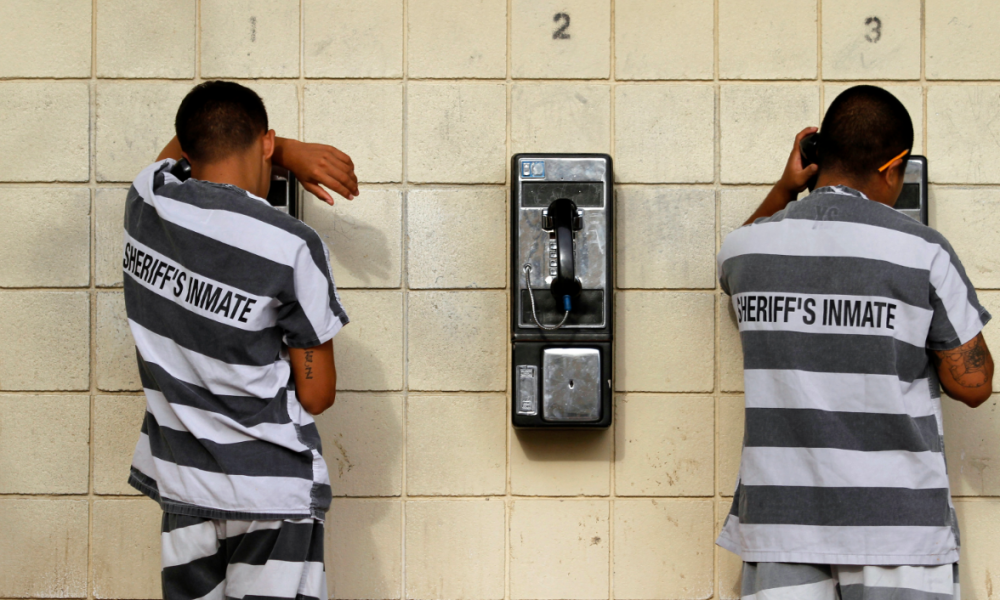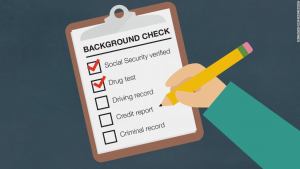
Surviving Your Employer’s Credit and Criminal Records Check

Graduates who are looking for jobs do not just need to search for employers and worry about the uncertain job market but also need to remain concerned about the credit and criminal records check which will be conducted by their prospective employers. The process of gathering information has become increasingly easy and prospective employers can also use the Internet to gather the information they need via social networking sites, microblog and photo sharing files.
The traditional methods of gathering information by using criminal records, credit checks, and job tests are also available for employers who are doing everything possible to collect the information about their potential employees. This article is trying to provide certain information about how job seekers can safeguard themselves by using legal methods if they are fearful of any adverse reports which may be obtained by employers about their credit and criminal records check. Potential employees are advised to utilize this article as a positive provider of information and not for contravening the law in any manner.
There isn’t much you can do to act against the effects of a bad credit record or a criminal arrest on your record which may have an effect on the employer’s opinion about you. Moreover, there is nothing illegal about your employer running a check on your records. However, you must understand that the employer cannot discriminate against groups of people because of race, color, religion, gender or origin because it is not legal. Within the world of employment law, it is known as disparate impact.
It can be pretty difficult for employees to prove cases of disparate impact. However, if you have a problematic credit and criminal records you should be aware that the employer is likely to run a background check on you especially employers who are hiring employees for banks Etc.
Notice of credit and criminal records check
 Employers are required to provide you written notice before they decide to run a credit and criminal records check. This notice can also come in the form of a pre-employment form which should be completed and signed and therefore prospective employees are advised to read everything before they sign any papers.
Employers are required to provide you written notice before they decide to run a credit and criminal records check. This notice can also come in the form of a pre-employment form which should be completed and signed and therefore prospective employees are advised to read everything before they sign any papers.
When the employers decide not to hire your services because of your credit report they are obliged to give you a copy of the report which should include a disclosure of your rights under the fair credit reporting act.
Divulging information to your prospective employer
Prospective employees are advised not to lie to their employers about any information that may appear on their credit report or criminal record. This is particularly true if they are signing a paper and giving permission to the employer to get a copy of their credit and criminal records check. Lying to a prospective employer can result in actions which will be detrimental to the employee resulting in non-hire and/or termination after the hire.
Explaining your credit and criminal records check
 Employees must be prepared to explain to their prospective employer why they have the negative remarks on their credit report and/or criminal record remaining under the impression that the employer may give them an opportunity to offer an explanation.
Employees must be prepared to explain to their prospective employer why they have the negative remarks on their credit report and/or criminal record remaining under the impression that the employer may give them an opportunity to offer an explanation.
Providing the explanation in advance is advised to ensure that the employer is not surprised unpleasantly.
It would be even better if employees are aware of the information which may appear on their credit and criminal records check because they would have opportunities to correct inaccuracies if any. They will also be in a position to notify their employers of the inaccuracies and the steps taken to have them rectified. The rectification of the inaccuracies will take some time and it is quite possible that the employee will not be able to have them cleared up before they send their application for the employment.
More in Legal Advice
-
What Is Asylum & How Does It Work?
At its core, asylum is a protection granted to foreign nationals in a country because they have suffered persecution or have...
November 26, 2023 -
6 Reasons Why Sentencing Is Any Judge’s Toughest Assignment
When you picture a judge, you might imagine a stern figure in black robes, gavel in hand, delivering verdicts with unwavering...
November 14, 2023 -
Carrie Underwood Sued for NBC Sunday Night Football’s “Game On”
It is almost ritualistic. As the weekend winds down and Sunday evening approaches, millions across America gear up for a night...
November 12, 2023 -
Why Lawyers’ Productivity Has Increased in Modern Times
Remember the old days when your image of a lawyer might have been drawn straight out of an episode of “Matlock”...
November 5, 2023 -
Paying Down Debts Using Debt Relief Tactics
Debt is like that lingering headache that never seems to go away, no matter how much aspirin you pop. But there...
October 29, 2023 -
Pro Se: Your Right to Represent Yourself WITHOUT an Attorney
The legal system is complex and so, more often than not, people hire a professional attorney to navigate the legal system....
October 21, 2023 -
The Craziest, Most Expensive Hollywood Divorces of All Time
Hollywood is the land of glitz, glamour, and romance – until it is not. Over the years, we have seen our...
October 13, 2023 -
How Was Life as a Lawyer in Ancient Rome?
The Late Roman Republic was a period chock-full of political drama, rampant corruption, and the rise and fall of powerful figures....
October 8, 2023 -
7 Critical Things to Know Before Hiring an Elder Law Attorney
Hiring an attorney can feel like a daunting task. When the need pertains to elder law, emotions run high, often making...
October 1, 2023














